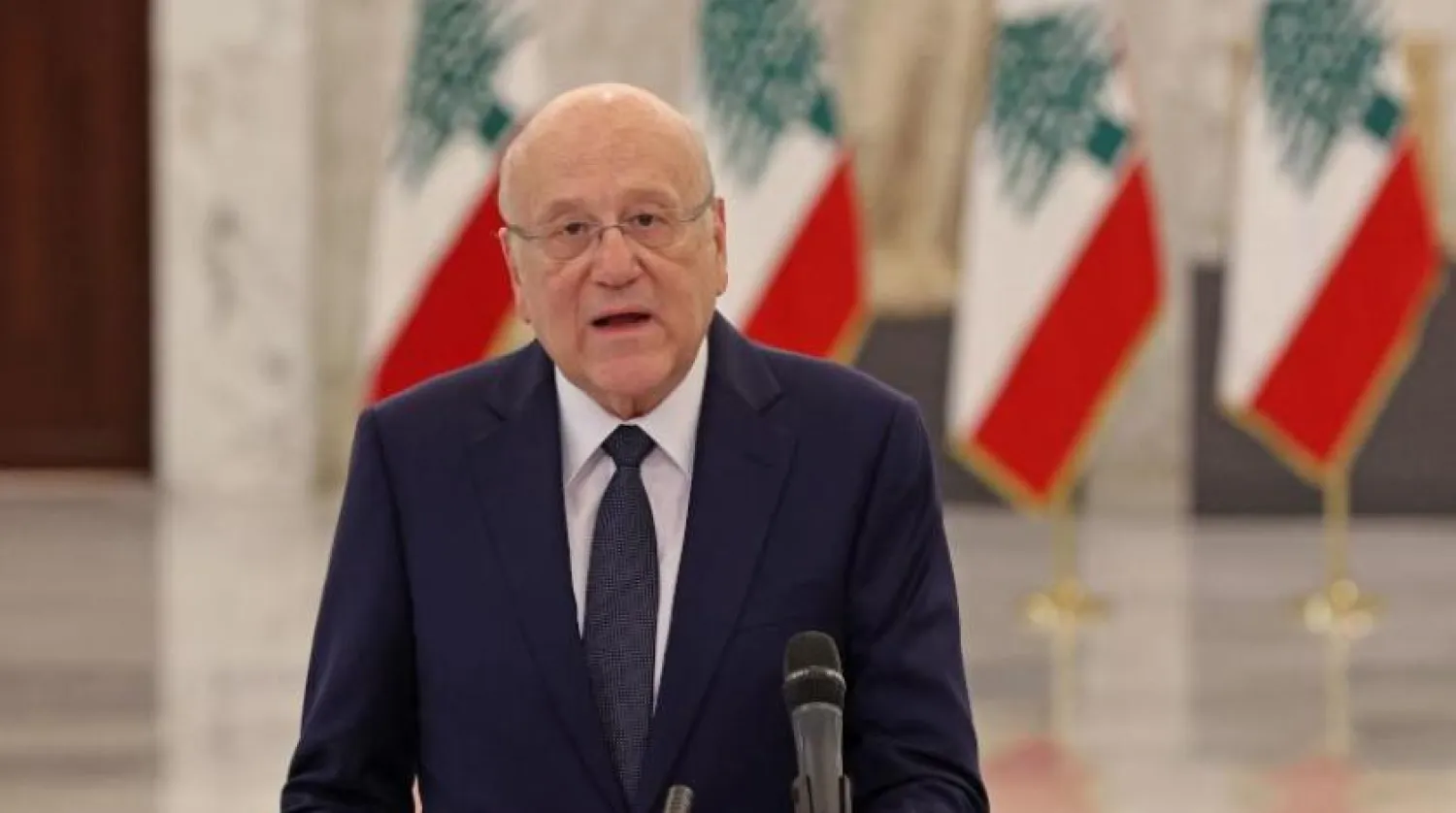Lebanon's Najib Mikati was named prime minister on Thursday, urging fractious politicians to set aside differences to secure an IMF deal which he said was the only chance to save the country from financial collapse.
Facing a politically difficult path to agreeing on a new cabinet, Mikati who led three previous governments said Lebanon did not have time for "drowning in conditions and demands" of rival groups over ministerial posts.
"We are facing the challenge of either complete collapse or gradual salvation," said Mikati, referring to the IMF deal that promises $3 billion of support, contingent on reforms that have long been put off by Lebanon's political elite.
Now in its third year, the financial meltdown has sunk the currency by more than 90%, spread poverty, paralyzed the financial system and frozen depositors out of their savings, in Lebanon's most destabilizing crisis since the 1975-90 civil war.
Donor states want Lebanon to enact reforms to address root causes of the crisis, including decades of state waste and corruption, before aid is released.
"We have wasted enough time and lost many chances of support from brotherly and friendly countries whose stance has always been clear: 'help yourselves so we can help you'," Reuters quoted Mikati as saying.
Mikati remains in charge of a caretaker cabinet until a new government is formed.
He urged parliament to approve laws referred to it by the previous government that would pave the way to a final agreement with the IMF, including amendments to banking secrecy rules and capital controls.
He was nominated by 54 of parliament's 128 lawmakers, including the Iran-backed Hezbollah, in consultations convened by President Michel Aoun.
But with splits running deep among Lebanon's ruling elite, it is widely believed Mikati will struggle to form a government, a process that can drag on for months as factions tussle over posts in cabinet and beyond.









